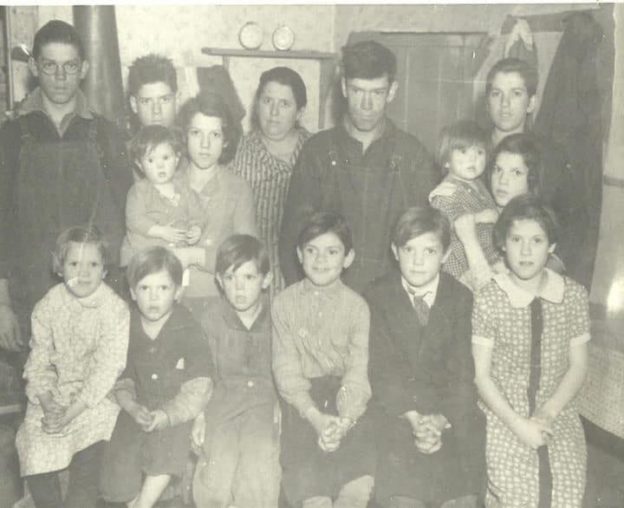Small Miracles

It’s not quite spring, but the crocuses have bloomed, and the daffodils are starting to show their sunny faces. It always feels like a small miracle to me when winter recedes and the trees start to bud, and this year’s flowers that bloom in a predictable series have lifted my mood.
We are packing up our apartment so the walls can be painted and the floors refinished—this hasn’t been done since we moved in eighteen years ago. I’m in a chaos of boxes with walls sadly denuded of all paintings, photos, and posters, and we will be decamping to Los Angeles for two weeks while the work is done. James is on the Writers Guild negotiating committee—their contract expires on May 1—and while we are in L.A., he will be in a hotel conference room from 9 to 5 every day trying to hammer out a deal. I plan to be working on an essay entitled “His Driving Life” about my father’s relationship to motor vehicles, starting with the Lincoln Market delivery truck that he drove at the age of nine when he could barely see over the steering wheel.
Our daughter Djuna, who as a second-year law student at NYU is working with the Racial Justice Clinic, learned two weeks ago that her first client has been granted parole. Upon hearing this wonderful news, I sent Djuna this quotation from prison abolitionist, organizer, writer, and librarian Mariame Kaba:
“I’ve said this to younger organizers and will repeat it here. To be involved in helping to free someone from the clutches of death making institutions is a profound and life altering experience. It’s a miracle. Make sure you take that in and then continue to fight for others. People say ‘well look at all of the effort it took to get one person out.’ And my response is ‘YES and it’s worth all of the effort. Keep going.’”
Djuna and her friend Will visited David twice a month at Fishkill Prison to help him prepare for his parole hearing, and they are now raising funds for him in advance of his imminent release.

Another bright note is that the anthology WE ARE ALL ARMENIAN has just gone back for another print run because the sales of the first edition have been so strong. This week the anthology was included in a New York Times roundup of newly published books. Columbia’s Armenian Center is hosting a panel discussion on April 3—the anthology’s editor Aram Mrjoian will be in conversation with contributors Chris Bohjalian, Scout Tufankjian, Hrag Vartanian, and yours truly. If you’re in the New York area, it would be lovely to see you there.
Nancy Kricorian
March 10, 2023
